DECEPTIVE INEPTITUDE: GERMAN SPIES IN WW2 BRITAIN
Estimated reading time: 6 minutes
Operation Lena, the German espionage operation in Britain, turned out to be one of the least successful spy missions of World War 2.
By Madison Moulton
Plotting an invasion of the United Kingdom in 1940 – codenamed Operation Sea Lion – the Nazis sent spies to gather intelligence across the English Channel. Landing on British shores, these members of the Abwehr intelligence service were instructed to sabotage military operations and relay military intel back to Germany. However, most were caught almost immediately, and many others handed themselves in to the police when they arrived in Britain in order to serve as double agents for the British intelligence agency MI5. Among the famed success stories of espionage in World War II, this little-known German Operation stands out as one of the most disastrous intelligence missions in modern history.
Operation Sea Lion
In 1940, following the swift occupation of France, the Nazis began to consider plans for an invasion of Britain. Many officials were opposed to the idea, including Hitler who was reluctant himself, due to the risks of the journey across the Channel. The Kriegsmarine – the German Navy – had also lost several ships in Denmark and Norway after Operation Weserübung, severely limiting their marine military capabilities. Still hoping for a negotiated peace deal with the United Kingdom, Hitler viewed an invasion as the last resort, but began preparations in case this last resort became necessary.
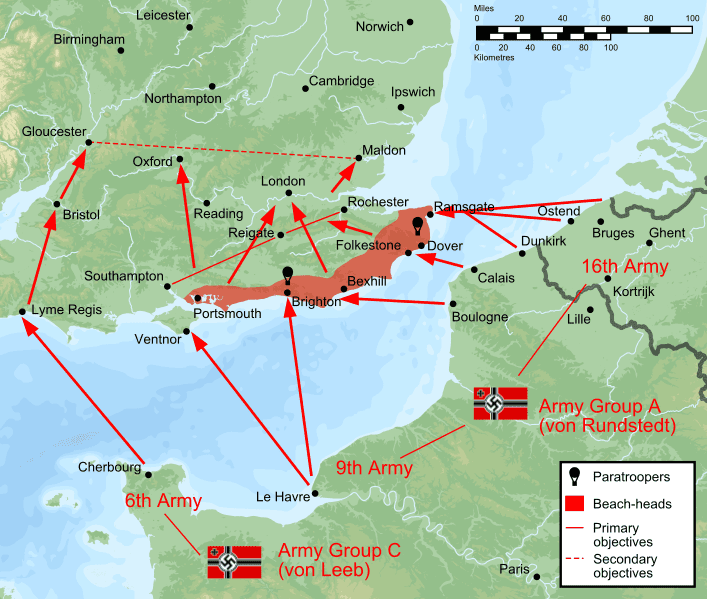
Recognising the need for sea and air dominance of the Channel before an invasion could be launched, the Abwehr launched Operation Lena – a spy mission to gather intelligence along the British coast. Several operatives were sent to Britain in the early 1940s, but did not manage to complete any of the missions they were tasked with.
Operation Lena
The spies were sent across the Channel in groups, some by boat and some by parachute. Ill-prepared, oblivious to British customs, and unaware of the increased surveillance in the country, many spies were immediately captured after disastrous mistakes. One operative, after landing in the country by parachute, attempted to order a pint of beer an hour before opening time, an obvious giveaway in a country with strict pub trading hours! Another blew his cover when he tried to purchase a train ticket and demonstrated a lack of understanding of British currency. Another tried to buy huge quantities of the precursor chemicals for explosives from a village pharmacy.
In one group, three agents – Russian Vera Erikson, German Karl Theodor Drücke, and Swiss Werner Waelti – landed in Scotland and attempted to board a train to London. Their presence aroused suspicion immediately; they had no stamped identification and Karl did not speak any English. The spies were arrested and interrogated by the police. The items they were carrying – weapons, German-made products, and significant amounts of money – were enough evidence to declare them German spies. Karl and Werner were sentenced to be hanged, but Vera managed to survive by testifying against Karl and becoming an agent for MI5.

Vera was not the only Abwehr agent to turn double agent. In 1941, two Norwegians, John Moe and Tor Glad were recruited and sent to the coast of Scotland. On arrival, they immediately turned themselves in to the local police. MI5 was informed of their arrival and recruited the operatives under the Double-Cross System, assigning them the codenames Mutt and Jeff (after a popular comic strip). The pair – along with British Intelligence – faked sabotage attacks to convince the Nazis the agents were succeeding in their mission. They also relayed false information about a planned invasion back to Nazi officials, directing German forces away from the sites of the Allied landings. Another agent, Eddie Chapman (codenamed Agent Zigzag), landed in 1942 and followed in the footsteps of Mutt and Jeff, turning himself in immediately and becoming a successful Double Agent.
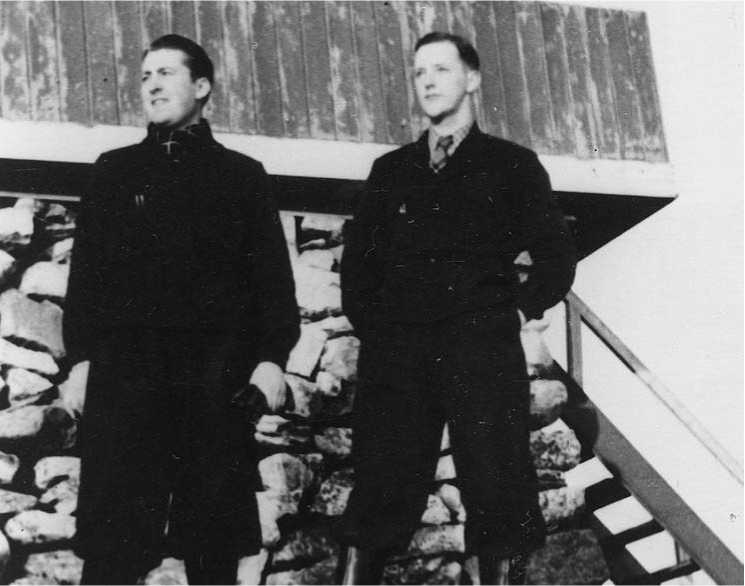
Ineptitude or Intentional Sabotage?
The almost comical disaster that was Operation Lena has led some historians to believe that the failures were not by accident, but a result of intentional sabotage by intelligence officials opposed to Hitler. Other intelligence operations were sophisticated and successful – why was this one so different? Historians argue Herbert Wichmann, the officer in charge of one of the largest Abwehr posts in Hamburg, deliberately chose inept individuals and did not equip them with the information they needed to succeed, such as basic knowledge of British currency. They were also sent with German equipment – an obvious tell if they were ever caught or interrogated. Wichmann was close with Wilhelm Canaris – head of the Abwehr later executed for high treason for his opposition to the Nazi Party – adding further evidence to the claim. Other historians argue that recruits volunteered for the position with the intention of defecting as soon as they reached Britain. What better way could there be to flee German occupied Europe than the Abwehr parachuting you into Britain?
The German agent’s performance demonstrates the priorities of the training they were given, particularly in comparison to Allied SOE agents. The SOE agents were extensively drilled in the tradecraft of spying, supplied with accurate forged documents and provided with clothing and equipment that was would pass the closest inspection. The Germans on the other hand emphasised technical training in demolitions. This would have been useful, except for the fact that none of the agents remained undetected long enough to put it into practice!
Due to the lack of historical evidence of the mission and the events that followed, it is difficult to say what the true intentions were – both of the leaders of the Operation and the operatives themselves. Whatever the intention, it is clear that Operation Lena was wildly unsuccessful, and that the careless and often unbelievable mistakes made in the process label this espionage attempt one of the most catastrophic of World War II, and of modern history.
This podcast episode has some great examples of the German agent’s ineptitude!
Articles you may also like
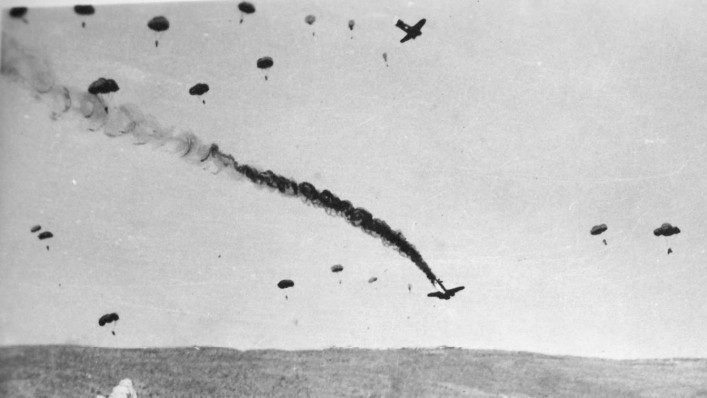
Battle of 42nd Street – Anzacs Proving Germany Could be Beaten
Morale can make all the difference on the battlefield. On the 27th May 1941, with the Greek island of Crete close to loss and the Allies in full retreat, a 12 minute moment of madness by Australian and New Zealand troops proved that aggression and bravery could overcome Germany’s elite troops. By Richard Shrubb. Background […]

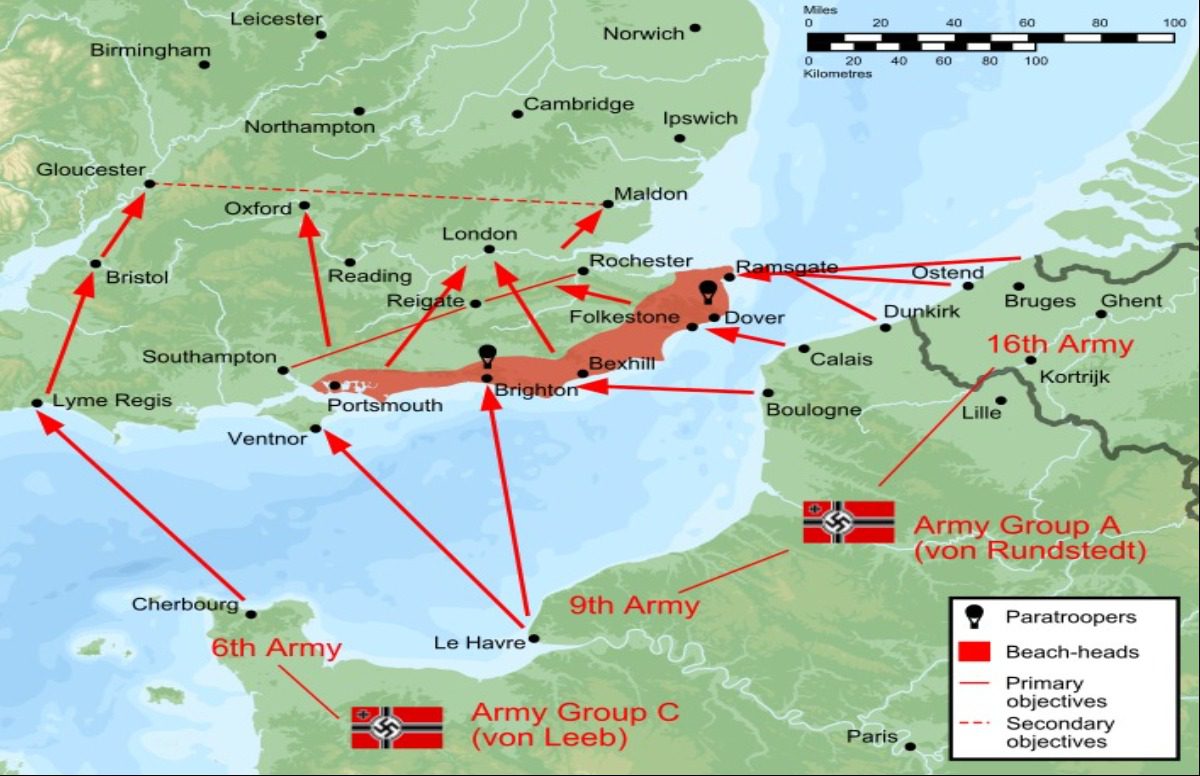

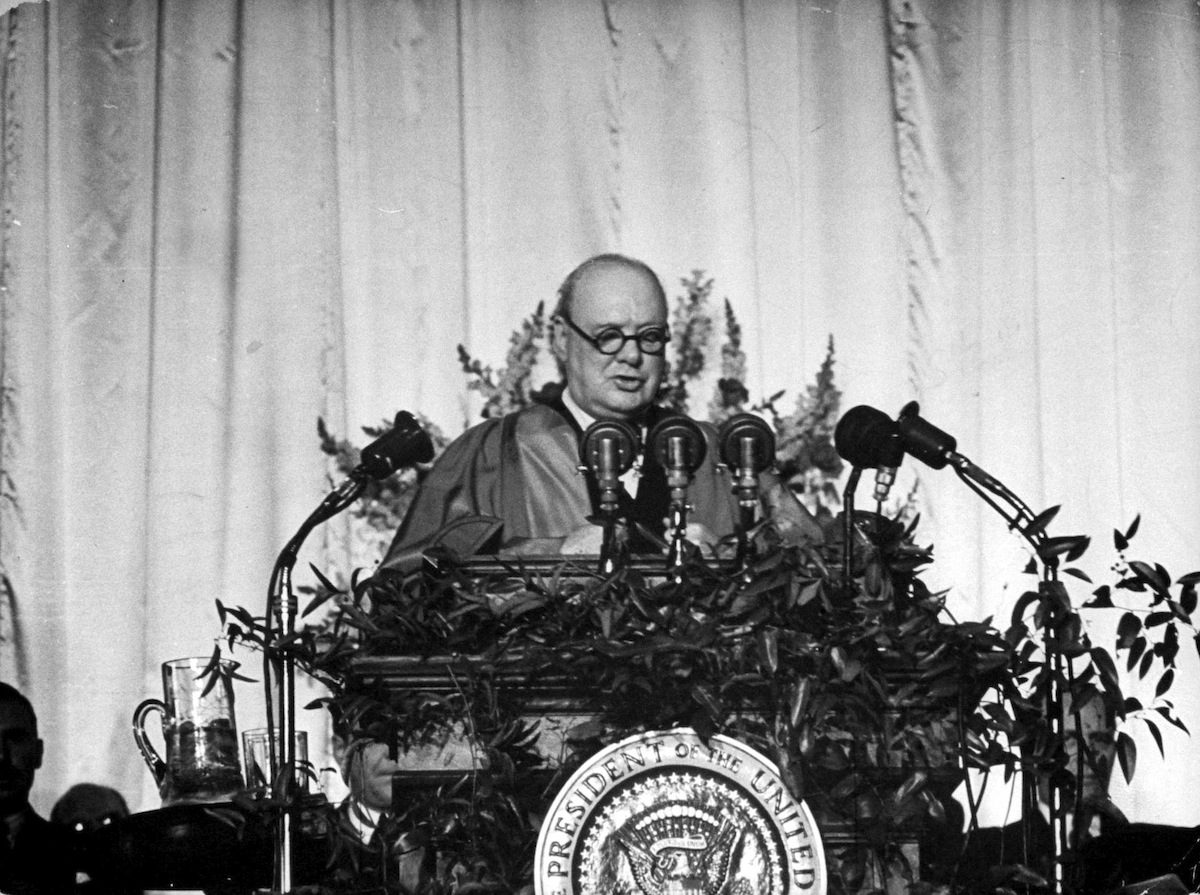
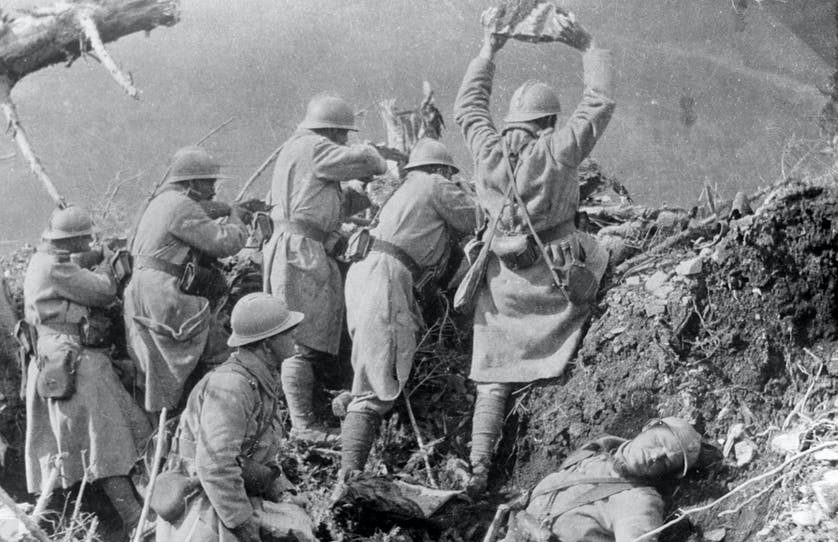

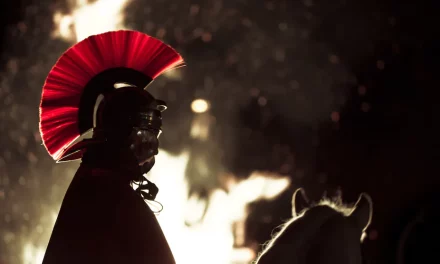

Jan Willem Ter Braak was the spy who was at large for the longest time in Britain during the war.
https://en.wikipedia.org/wiki/Jan_Willem_Ter_Braak
Thanks for the info Michael!